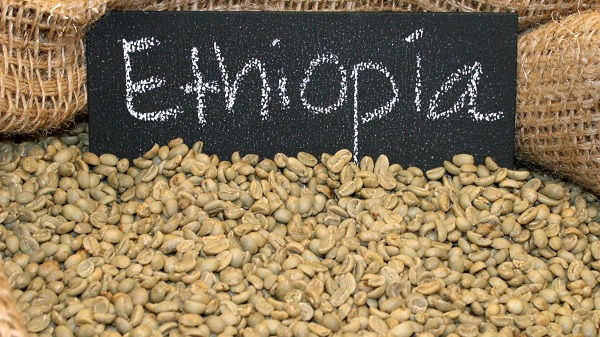
Fairtrade is a social movement whose stated goal is to help producers in developing countries achieve better trading conditions and to promote sustainable farming.
By Killian Stokes (TheJournal.ie) |
When we think about the products on supermarket shelves, there isn’t a level playing field. Take wine and coffee for example.
The French don’t export green grapes. They export bottled and branded wine and consumers actually pay more for premium French brands such as Bordeaux, Burgundy and Champagne.
As a result, more jobs, income and profits stay in France and France makes about €12bn a year from its wine exports.
At the same time, a big coffee-producing country like Ethiopia only earns €760m from coffee. Both are premium products, so what’s the problem?
Fairtrade Fortnight
Fairtrade has been fantastic for raising awareness but it was supposed to address this imbalance.
Fairtrade is marking Fairtrade Fortnight at the moment and after 20 years of Fairtrade products on our shelves in Ireland, has it achieved its aims of addressing poverty in developing countries?
Short answer? Not really. Fairtrade in the UK announced sales of £1.64bn this week for products with their certification. That gave farmers £30m in “premium payments” for their products. After 20 years of campaigning, that’s not a lot of added value for producers.
A Problem Worth Solving – A Look at Coffee
Coffee has become the world’s favorite drink. It’s bigger than wine, beer and booze put together. Each day we drink 2 billion cups of coffee and the global coffee industry is worth almost €100 billion a year.
Across the developing world about 100 million people rely on coffee for their livelihood, that’s the coffee farmers and their families. But these are amongst the poorest people on the planet. 90% of coffee farmers earn less than €2 a day while 90% of coffee growing countries still need international aid to survive.
While 100% of coffee is grown in the coffee belt, 99.9% of all coffee we drink is roasted in Europe or America. Coffee is exported out of the coffee belt as raw green bean and so even if coffee farmers earn slightly more with Fairtrade premiums, most of the jobs, income and profits from coffee are exported out of the coffee belt. This has to change.
Read the complete story at TheJournal.ie
——
See also:
- VIDEO: Over 2,000 Coffee Stakeholders Meet in Addis Ababa
- Ethiopia to Introduce System to Prevent Illegal Practices on Coffee
- First Lady Roman Tesfaye Inaugurates Garden of Coffee in Addis Ababa
- Ethiopia Commodity Exchange (ECX) Deepens Electronic Trading with Three New Centers
